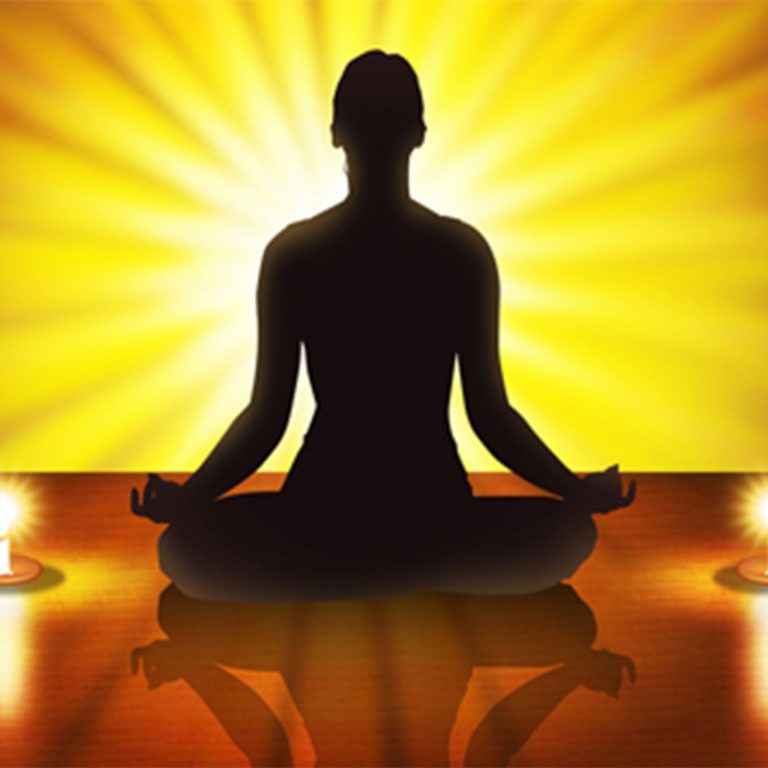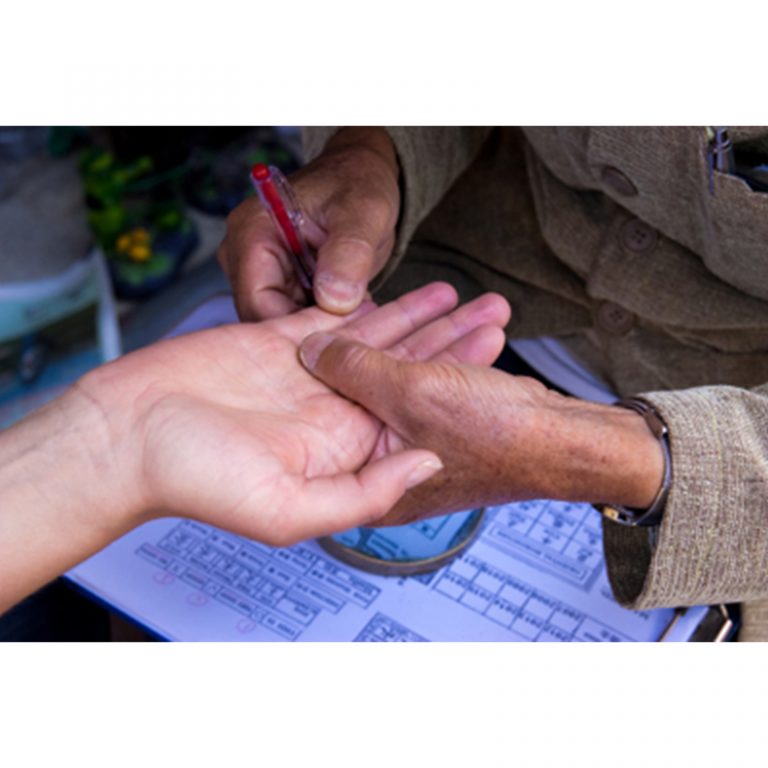Indian Vedic Astrology and Match Making: Horoscope, Numerology Birth Chart
We see all around us couples who have come together and formed relationships for all the wrong reasons. Unfortunately it frequently happens that once a relationship has existed for quite a long time, even when it proves unsuccessful it can become increasingly difficult for a couple to Part Company. Practical considerations, such as financial matters, are often a major factor so that people are forced to endure one another rather than live in harmony. Divorces too are at an all-time high.
Undoubtedly, we all have our gut feelings and women in particular tend to have natural instincts which they cannot always put into words. There is clearly a need for a more accurate method of assessing a couple’s compatibility. In Ayurveda, the tools of palmistry (palm reading), numerology, birth charts, Vedic (Indian) astrology and physiognomy (face reading) are all drawn upon to assist in these situations.
Ayurveda also uses the system of doshas. We all have a unique combination of the different doshic characteristics, and the careful analysis of the constitutional type of each individual is an excellent basis for evaluating the suitability of a couple for one another. This is best done separately to begin with, and then as a pair.
How do Dosha types affect compatibility?
Alarm bells may ring from the start, for example take a pair of Vata types. A Vata individual may be extremely talkative so two such types put together would be highly unlikely to coexist in harmony. Who would do the listening? Pitta types are sometimes easily angered and Kapha types can tend to be possessive. For two people with the same characteristics to live together is clearly a recipe for trouble. In general, active mixed with passive will produce a better combination.
To make matters more complicated, behaviour often changes through time. For example, aging can cause an increase in Vata. This constitutional type can have its ups and downs. It is important that each partner should understand the other’s nature, to allow for compromise and dispense with the likelihood of constant fighting. No two minds can ever match 100%, as we all have different concepts, but with adequate understanding harmony is possible.
In Ayurvedic matchmaking the full spectrum of mental, physical and emotional characteristics of the different constitutional types are taken into account, as is the astrological impact on the individual as determined from palmistry and face reading, from the aura, and from the horoscope. Further than offering a practical system for assessing compatibility, it enables the experienced practitioner to offer tips and advice which will enable the couple to foresee and avoid friction in the relationship.
When we take a picture with a camera, the image that is produced is of the moment when the picture was taken. This image will always be the same. At the moment of birth the pattern of the planets affects us at a deep level; we record the energy of that moment and we use that memory in building our unique personality and the way we react to the world and others in it.
I have no doubt that a time will come when computerised Ayurvedic matchmaking will be made available, and that it will be applicable to other types of relationship, such as business partners. In the meantime, if you’re contemplating a relationship or already embarked upon one you may feel that you would benefit from such advice. The number and duration of consultations will depend upon the stage that you have already reached – your practitioner will advise you on this. Let us help you make sense of your gut feelings; call the Yatan Holistic Ayurvedic Centre on 1300 552 260 to arrange your Ayurvedic compatibility consultation.

*Discover holistic healing with a complimentary phone or video consultation from our expert Ayurvedic practitioner. Start your path to better health today!*























